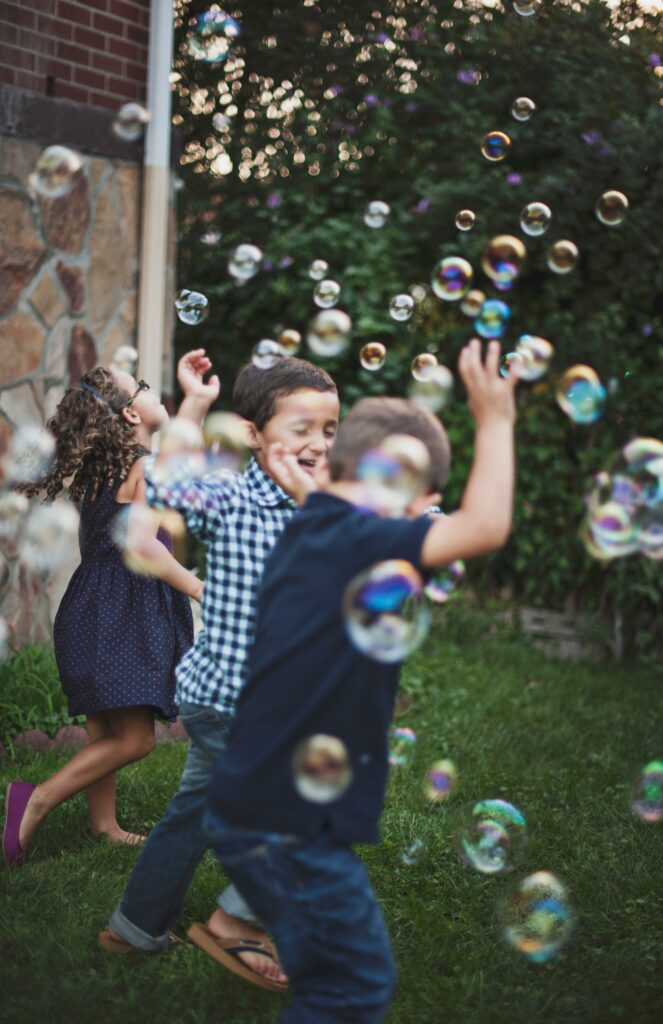Unless you have personal experience or perhaps a family member with the condition it is not always obvious how autism affects social skills. We have a guide below to assist.
The basics
Autism is a neurodevelopmental disorder that affects social skills and communication in various ways. Individuals with autism may struggle with social interactions, communication, and understanding nonverbal cues, leading to difficulties in building relationships and forming meaningful connections with others.
Social reciprocity
One of the hallmarks of autism is difficulty in social reciprocity, which includes difficulty in initiating and responding to social interactions, as well as difficulty in understanding and interpreting social cues, such as facial expressions and body language.
This can lead to difficulties in maintaining eye contact, understanding sarcasm, and recognising when someone is joking or being serious.
Issues in this relm can even make simple tasks such as having their photo taken uncomfortable.

Communication difficulties
Another common social skill challenge in autism is communication difficulties.
Some individuals with autism may struggle with speaking, while others may have difficulty understanding language and processing spoken or written information. This can make it challenging to participate in conversations and understand the perspectives of others.
Imagination and flexibility
Additionally, individuals with autism may also have difficulty with social imagination and flexibility.
This can make it challenging to understand the motivations and intentions of others, as well as to navigate social situations and respond appropriately. This can also result in repetitive behaviours and rigid routines, which can further limit social interaction.
Every autistic person is different
It is important to note that autism affects individuals differently and that some individuals with autism may have highly developed social skills and the ability to form strong relationships.
With the right support and intervention, many individuals with autism can develop and improve their social skills, leading to more fulfilling and meaningful relationships.
Summary
We hope that you now have a good idea in terms of how autism affects social skills.
Difficulties include with social reciprocity, communication, social imagination and flexibility, and nonverbal cues. However, with the right support and intervention, individuals with autism can develop and improve their social skills.
Please feel free to browse our archive for more articles on autism and raising an autistic child.

